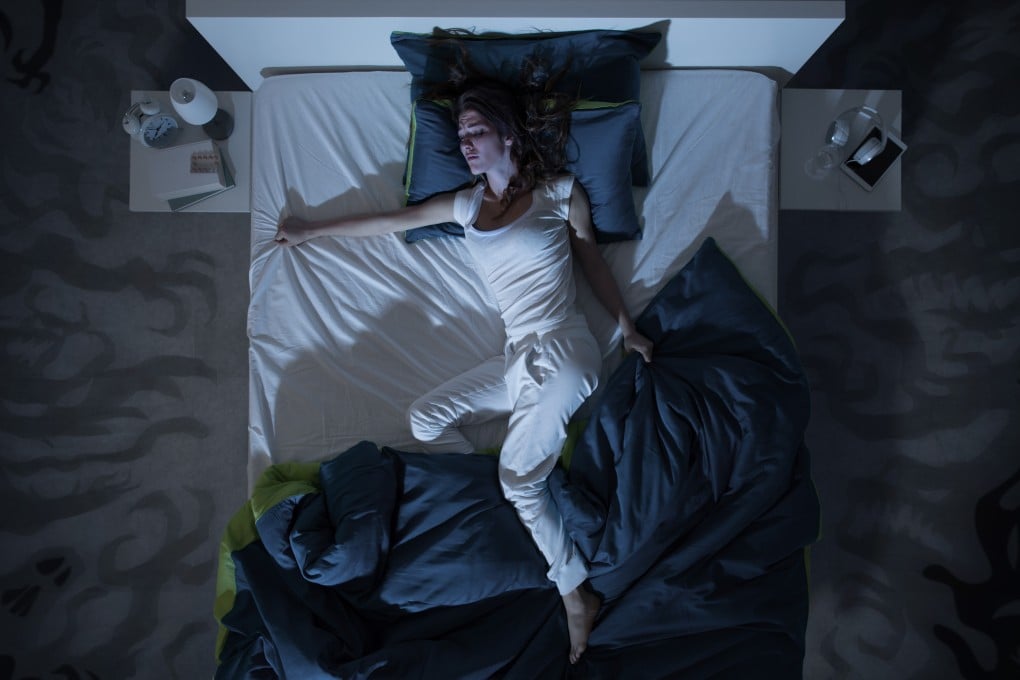Explainer | The human body 101: why do we spasm, shiver or feel a lump in our throats?
- That shiver-down-the-spine sensation may occur because of something we ate or drank, or saw, how we are feeling or a memory that we’ve triggered
- That annoying, falling-off-a-cliff jolt just as you drop off to sleep? Up to 70 per cent of us experience them, usually when we are overtired

You must have felt them? Those strange involuntary spasms over which you apparently have no control: a leg that kicks out as you drop off to sleep and startles you so that you are briefly wide-awake again? A shiver that runs down your spine and makes you tremble despite being safe and in the sunshine, or a lump that hardens in your throat as you struggle to swallow and hold back tears?
What causes these peculiar, and strangely common, bodily reflexes?
That shiver-down-the-spine sensation may occur for several reasons, and can include “perceptual, biochemical, memory, mood, emotion – all neurological” according to Lyelle Palmer, professor emeritus in the department of special education at Winona State University in the US state of Minnesota.
In other words, what we see, or eat and drink, our recall of past events, and how we are feeling are all possible causes.
